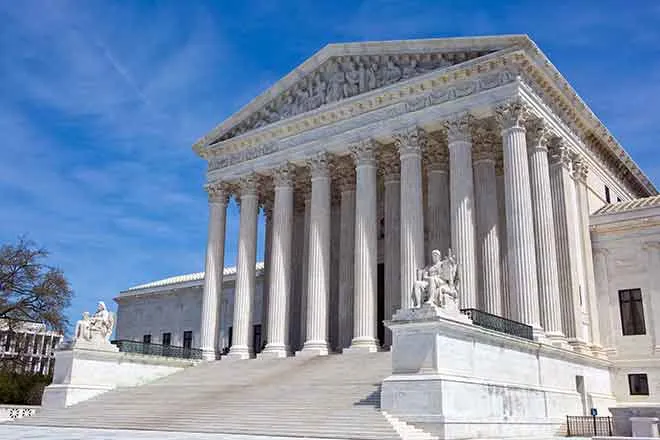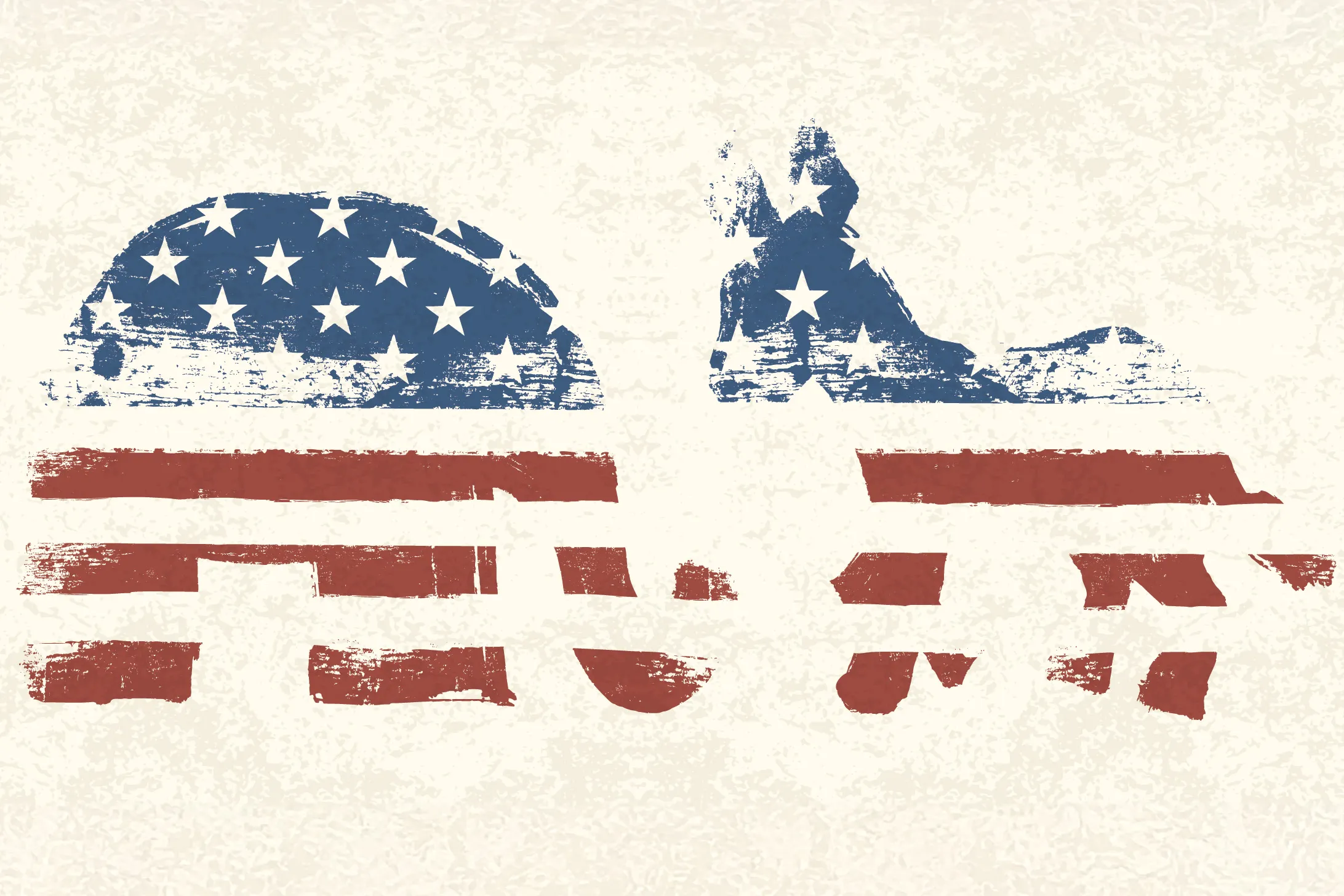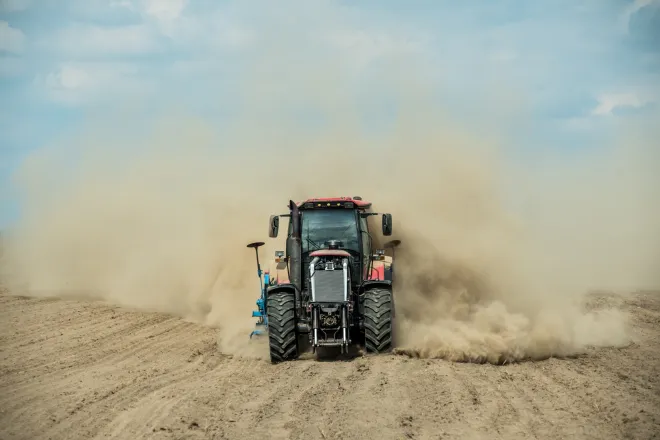
Commentary - Rural lessons for resisting authoritarianism
“Whoever fights monsters should see to it that in the process he does not become a monster himself. And if you gaze long into an abyss, the abyss will gaze back into you.”
After 20 years of organizing in rural Colorado, I’ve learned that lasting results come from supporting rather than opposing, from building bridges not tearing them down, from identifying shared solutions, not only pointing at problems.
This is the Ditch Principle: Your ditch neighbor may disagree with you about everything except keeping the water running — so you start there. The neighbor who might pull you out of a snowbank doesn’t stop being your neighbor when you disagree about politics. Rural communities practice interdependence because isolation kills.
Friedrich Nietzsche’s warning about monsters isn’t just stale philosophy — it’s practical advice that seems freshly relevant. As authoritarianism rises in America, we face a choice: resist by becoming what we oppose, or demonstrate something better.
As a longtime climate activist, the current anti-science stance is infuriating and deeply disappointing. But wildfire preparedness is critical right now, and community-wide planning helps everyone regardless of how they understand climate science.

© Chris Sorensen
Instead of doom-scrolling at the edge of the abyss, we should respond by restoring what matters most in the spaces and relationships we maintain, leading forward from the ground up.
This is a necessity, not idealism. When fire ignites or search and rescue is called, people put down their projects and differences to pull together. We have to get along or nothing gets done. People who honor these expectations are accepted, our contrary politics notwithstanding.
The damage to both our planet and our institutions is real, extreme and unabated. Two-thirds of Americans recognize we’ve become too polarized and no longer believe partisan politics is capable of solving our problems, according to a recent New York Times poll. Here in western Colorado, the largest voting bloc isn’t Republican or Democratic — it’s unaffiliated voters who want problem-solvers, not partisans.
Anti-science is a hallmark of authoritarian regimes. The erasure of climate data and the dismissal of inconvenient facts to protect powerful interests is a current case in point. But rural communities include practical people. Farmers experience drought, higher temperatures, and climate weirding. Homeowners fear wildfire and feel the risk.
History shows proven strategies to oppose authoritarianism. And rural communities are naturally situated to lead these approaches and reclaim our democratic foundations.
Build alternatives, don’t just oppose. No one asks who voted for whom when the irrigation ditch needs cleaning. They show up with shovels. This is constructive organizing — demonstrating how things work when people focus on shared needs rather than manufactured divisions. Cooperation is a bulwark against authoritarianism.
Include everyone, abandon no one. We don’t start with politics when defending vulnerable community assets. Everyone depends on reliable water supply and safe evacuation routes, regardless of where they land on climate policy. We protect those needs notwithstanding the connections between climate, wildfire and drought.
Navigating diverse perspectives, complicated relationships, and competing interests are not only challenges but tactics in resistance. Authoritarianism wins when we sacrifice groups one by one, including those we find disagreeable. Democracy wins when we expand the circle of concern.
Practice the democracy you want to see. It’s not only about fighting monsters, it’s about listening and working authentically even when it challenges us. Fair decisions, transparent communication, everyone gets heard — unlike cable politics, we don’t need leaders playing gotcha for narrow advantage. We change minds by creating shared experiences of things working better, solving problems that help everyone prosper.
The power of rural communities lies in quietly building resilience through relationships spanning decades. With steady focus on what we can control, these relationships outlast any political cycle. The infrastructure that serves everyone endures.
Authoritarianism requires division to survive and cannot withstand this approach. It needs us to see neighbors as threats, demands we choose ideology over community, that we abandon democratic norms in the name of winning.
When we refuse that bargain — when we bridge differences rather than divide, include rather than exclude, practice democracy and not just preach it — we make authoritarianism irrelevant.
The work to restore will outlive us. The best way not to become monsters is to stay neighbors. The ditch still needs clearing. A wildfire needs containing. When someone falls or is lost, it takes teamwork and a broad set of skills to get people out of rugged backcountry and back home to their families. So start there. Build from there.
E pluribus unum. In shared purpose we remember: The strongest defense against those who would divide us is simply refusing to be divided.















